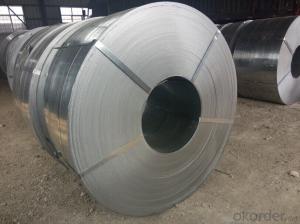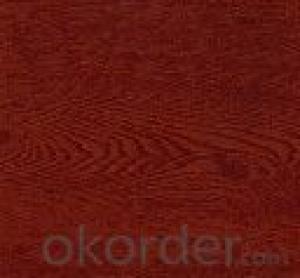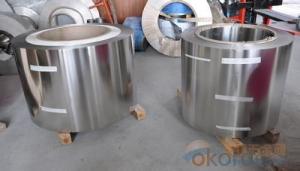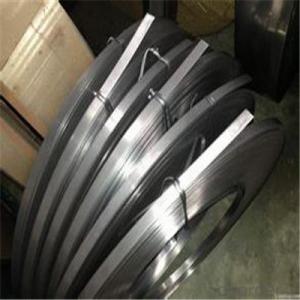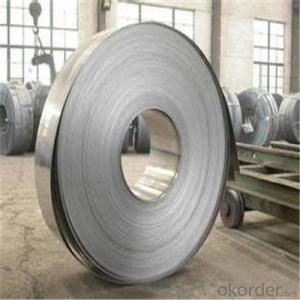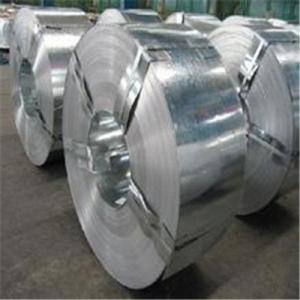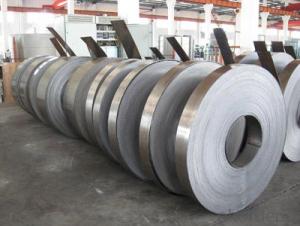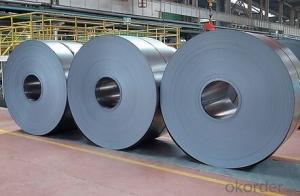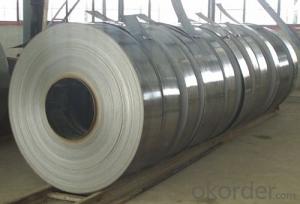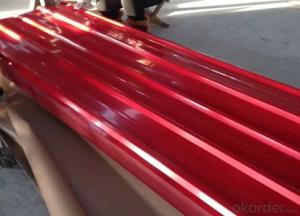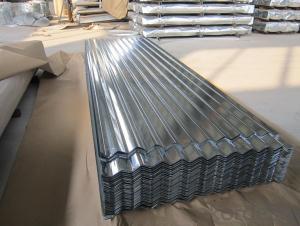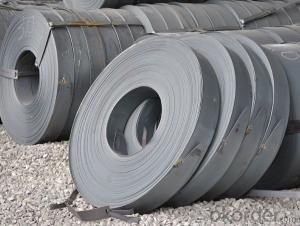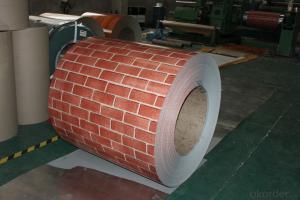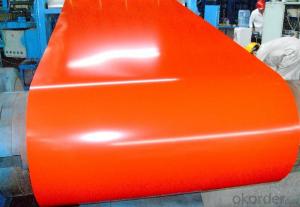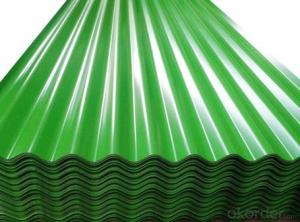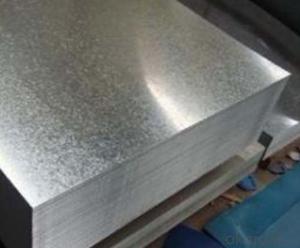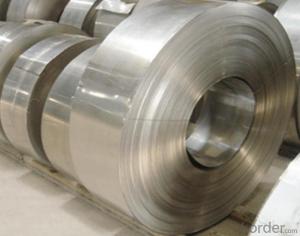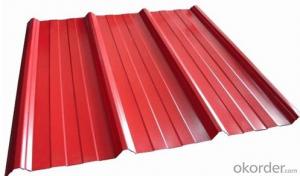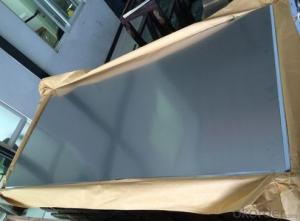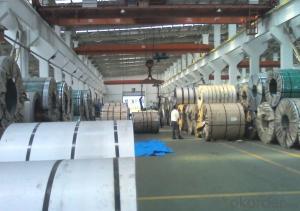All Categories
- - Steel Wire Rod
- - Steel Coils
- - Steel Profiles
- - Steel Pipes
- - Stainless Steel
- - Tinplate
- - Special Steel
- - Steel Sheets
- - Steel Rebars
- - Steel Strips
- - Hot Rolled Steel
- - Cold Rolled Steel
- - Pre-painted Steel
- - Seamless Steel Pipe
- - Welded Steel Pipe
- - Hollow Steel Tubes
- - Galvanized Pipe
- - Stainless Steel Coil
- - Stainless Steel Sheet
- - Stainless Steel Plate
- - Stainless Steel Strips
- - Electrolytic Tinplate Coil
- - Electrolytic Tinplate Sheet
- - Stainless Steel Rebars
- - Solar Panels
- - Solar Water Heater
- - Solar Related Products
- - Solar Inverter
- - Solar Cells
- - Solar Light
- - Solar Energy Systems
- - Solar Controllers
- - Solar Mounting System
- - Solar Pump
- - Solar Chargers
- - Fiberglass Chopped Strand
- - Fiberglass Mesh Cloth
- - Composite Pipes
- - FRP Pultrusion Profiles
- - Fiberglass Mat Tissue
- - Fiberglass Fabrics
- - Fiberglass Mesh
- - Composite Tank
- - Fiberglass Mesh tape
- - Polymer
- - FRP Roofing Panel
- - Fiberglass Roving
- - Monolithic Refractories
- - Ceramic Fiber Products
- - Refractory Bricks
- - Raw Materials For Refractory
- - Suspended Platform
- - Cranes
- - Concrete Machinery
- - Earthmoving Machinery
- - Building Hoist
- - Road Building Machinery
- - Plastic Pipe Fittings
- - Plastic Tubes
- - Plastic Sheets
- - Agricultural Plastic Products
- - Plastic Nets
 All Categories
All Categories
Q & A
What are the regulations and standards for steel strip manufacturing?
The regulations and standards for steel strip manufacturing vary depending on the region and industry. However, some common regulations and standards include quality control measures, compliance with environmental regulations, adherence to safety protocols, and meeting specific dimensional and mechanical properties outlined by international standards organizations such as ASTM (American Society for Testing and Materials) or ISO (International Organization for Standardization). Additionally, manufacturers may need to comply with specific industry-specific standards and certifications to ensure their products meet the requirements of their intended applications.
How are steel strips used in the production of cutlery and kitchen utensils?
Steel strips are used in the production of cutlery and kitchen utensils as they are the primary material used for manufacturing the blades and handles of these items. The steel strips are shaped, tempered, and sharpened to create durable and high-quality blades. Additionally, they can be molded and formed into various shapes for the handles, providing ergonomic and comfortable grips for users. Overall, steel strips play a crucial role in ensuring the strength, functionality, and longevity of cutlery and kitchen utensils.
How do steel strips contribute to the production of efficient and compact hydraulic systems?
Steel strips are used in the production of efficient and compact hydraulic systems because they offer high tensile strength, durability, and resistance to corrosion. These properties allow for the design of smaller and more lightweight hydraulic components, resulting in reduced energy consumption and increased overall system efficiency. Additionally, steel strips can be easily formed into various shapes and sizes, enabling the creation of intricate hydraulic system components that optimize fluid flow and minimize space requirements.
What are the standard steel strip thickness tolerances?
The standard steel strip thickness tolerances vary depending on the specific application and industry. However, typical tolerances range from +/- 0.001 to 0.005 inches for thinner strips and +/- 0.003 to 0.010 inches for thicker strips. These tolerances ensure the desired thickness consistency and meet the quality requirements of various manufacturing processes.
Wholesale Steel Strips from supplier in Montenegro
Whether you are in need of Steel Strips for construction, manufacturing, or any other industry, we have the capability to meet your specific requirements. Our Steel Strips are sourced from reputable manufacturers and undergo strict quality control measures to ensure their durability and performance.
We understand that time is crucial in any project, which is why we strive to provide prompt and efficient services. Our dedicated sales team is available to assist you with product inquiries, quotations, and order processing. With our expertise and knowledge of the Montenegro market, we can offer competitive prices without compromising on quality.
In addition to our sales services, we also provide technical support to help you make informed decisions about the right Steel Strips for your applications. Our team of experts can offer guidance on material selection, specifications, and installation methods to ensure optimal performance and longevity.
As a subsidiary of CNBM, a Fortune Global 500 company, we have access to a vast network of suppliers and resources. This enables us to offer all-in-one procurement solutions, allowing you to streamline your purchasing process and reduce costs.
Contact us today to discuss your Steel Strips requirements in Montenegro. Our team is ready to assist you and provide you with the best solutions for your projects.
We understand that time is crucial in any project, which is why we strive to provide prompt and efficient services. Our dedicated sales team is available to assist you with product inquiries, quotations, and order processing. With our expertise and knowledge of the Montenegro market, we can offer competitive prices without compromising on quality.
In addition to our sales services, we also provide technical support to help you make informed decisions about the right Steel Strips for your applications. Our team of experts can offer guidance on material selection, specifications, and installation methods to ensure optimal performance and longevity.
As a subsidiary of CNBM, a Fortune Global 500 company, we have access to a vast network of suppliers and resources. This enables us to offer all-in-one procurement solutions, allowing you to streamline your purchasing process and reduce costs.
Contact us today to discuss your Steel Strips requirements in Montenegro. Our team is ready to assist you and provide you with the best solutions for your projects.
